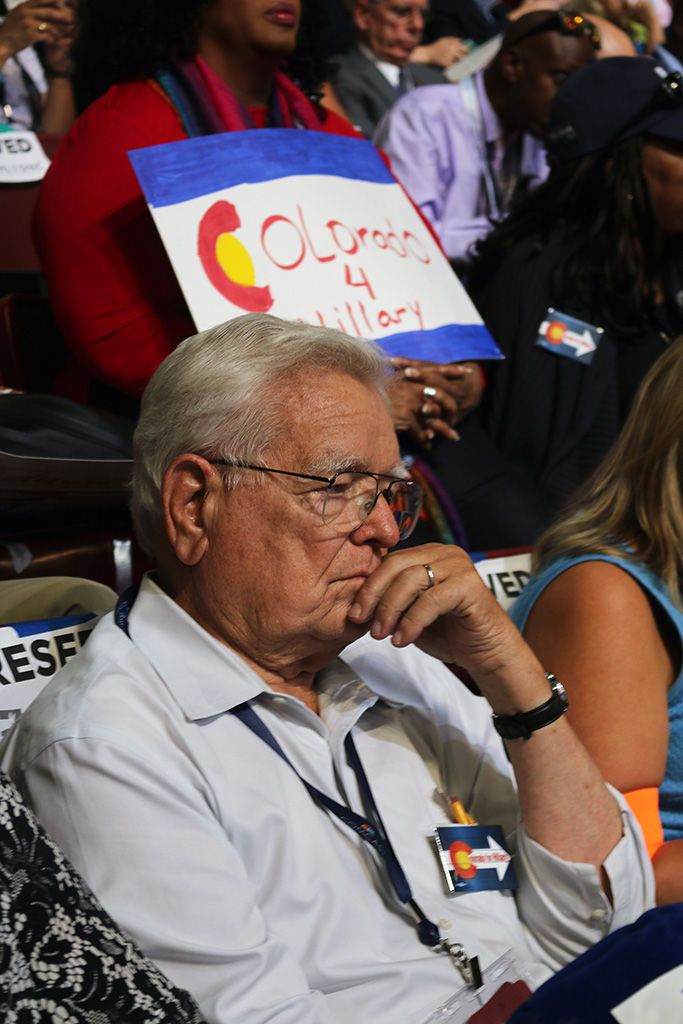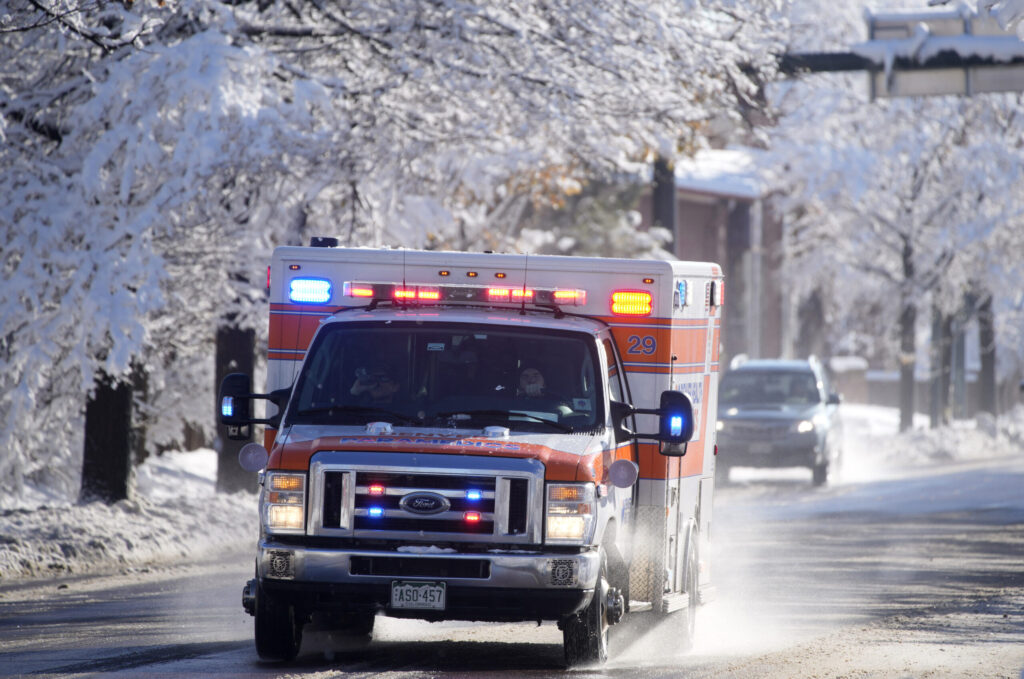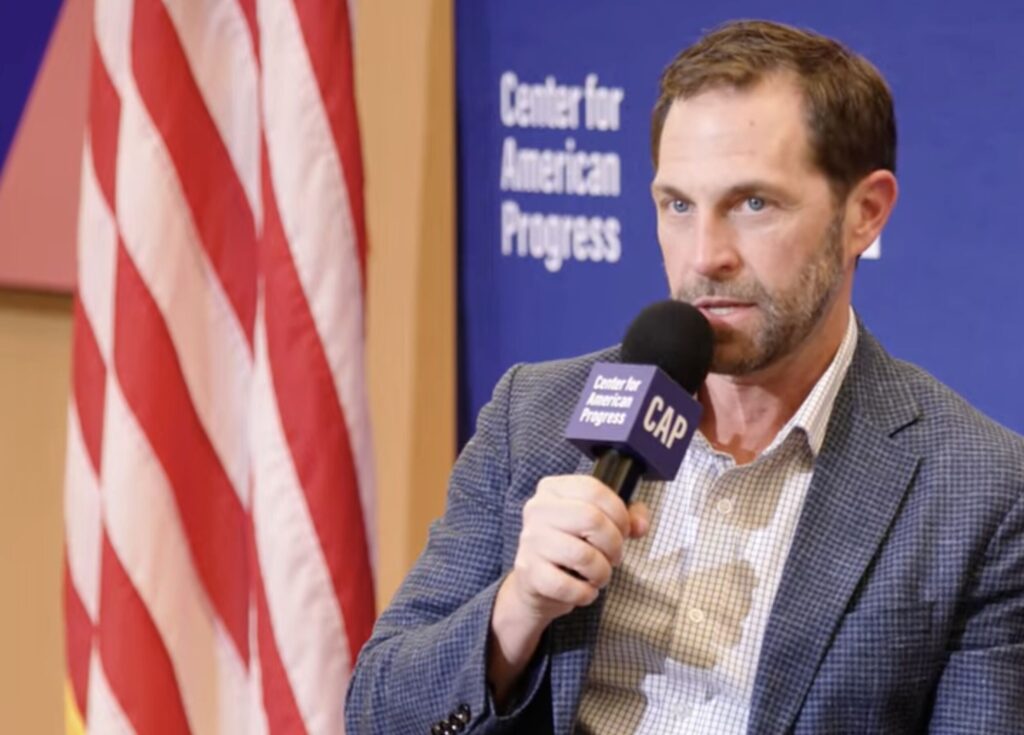YESTERYEAR: Colorado GOP performs autopsy on self, Legislature talks regulatory reform
Twenty Years Ago this week in the Colorado Statesman … Too much sun in the Legislature?
“Five hits and you’re out,” was the name of the game sponsored by Rep. Vickie Angler (R-Littleton) and Sen. Bill Schroeder (R-Morrison), which also went by its other more legislative moniker – HB 1159.
The new law outlined in Colorado Revised Statutes 24-34-104.1 stated, “The General Assembly shall not consider the regulation of more than five occupations or professions in any one session of the General Assembly” – a seemingly timeless pursuit for Colorado’s Republican legislators. HB 1159 eliminated the Sunrise-Sunset committee, which reviewed attempts to regulate unlicensed occupations and professions. Proponents of the bill claimed “no” votes by the influential six-member legislative committee on new regulations nearly always seemed to have a chilling effect on the success of such proposals, all but preventing those seeking new regs on unlicensed applicants from ever proceeding any further in the full Legislature.
The “five-limit” language was added in the Senate by Schroeder to convince Senate President Tom Norton (R-Greeley) that the bill wouldn’t inundate the Legislature with “new regulation” bills.
The first test for the new “game” came after DORA released its first six sunrise reports under the new system – 1159 had kept the Department of Regulatory Agencies’ prior application, review and report process in place. During the 1997 legislative session, the six applicants wishing to become regulated fields were as follows: Optical and contact lens dispensers, as submitted by the Opticians Association of Colorado, building contractors and subcontractors, lead abatement, interpreters for the deaf, National Shellfish Sanitation Program and adoption agencies.
There was also a seventh sunrise bill, pushed by lobbyist Henry (Corky) Kyle III to license heating, ventilation, air conditioning and refrigeration technicians. His bill was killed in a House committee in 1996 and under house rules, he could run the bill again.
… Fifteen Years Ago … The first annual Capitol Conference premiered in Colorado.
CU President Elizabeth Hoffman hosted the inaugural CU Capital Conference at the Denver Country Club, with the theme of, “Addressing Colorado’s Most Pressing Challenges.” The featured speakers included representatives from all branches of government. Over 110 selected individuals from across the state participated, representing a variety of backgrounds.
The focus of the conference was to bring a diverse group of Coloradans to Denver and provide them with a provocative look at Colorado’s future. Speakers and topics included: CDOT Executive Director Tom Norton discussing transportation issues; Rep. Peter Groff on criminal sentencing; Sen. Norma Anderson on K-16 issues; Chief Justice Mary Mullarkey on Colorado courts in the 21st century; Attorney General Ken Salazar on growth; and Mike Bennett, chief of staff to U.S. Senator Wayne Allard, who talked about issues facing Colorado in Congress.
The idea for the conference came from a similar event co-sponsored by Allard and Hoffman in Washington, D.C., called the Allard Capitol Conference, which bought people from across the state to Washington, D.C. for three days to “learn more about how Washington works.”
“The CU Capitol Conference was a huge success and participants went home to their communities with a better understanding of how their state government works,” said Hoffman. “I believe the University of Colorado has a responsibility to educate the people of Colorado on a variety of issues and this responsibility extends beyond our students and classrooms and into the communities throughout Colorado.”
… Ten Years Ago … Efforts begin to resurrect the Colorado GOP.
Conservatives could agree on one thing: the Colorado Republican Party had seen better days. But beyond that, there were vast disagreements about the root causes of the Grand Old Party’s ailments and what needed to be done to return to winning elections in 2008.
Some party activists said that the GOP’s top ranking elected officials didn’t do enough to help rally the troops, as public sentiment began to sway in favor of Democrats during the campaign that ended with Democratic Gov.-elect Bill Ritter beating Republican Bob Beauprez by a staggering 15 percentage points.
Still others said the party never recovered from the 2005 elections when party leaders were divided publicly over Referendums C and D. Beauprez laid the blame on a national political wave that had lifted Democrats in all parts of the country.
Hinting at a future run for governor himself, U.S. Rep. Scott McInnis wasn’t buying what Beauprez was trying to sell. As one of the most vocal critics of the Beauprez campaign, he said it was wrong to blame Colorado’s losses on the national wave. “If you look at the polls, Bob Beauprez was in deep trouble before the Mark Foley scandal,” McInnis said. “We had a great candidate with a lousy campaign team at the very top.”
Meanwhile, Beauprez deflected criticism aimed at his campaign manager, John Marshall, taking all the blame upon himself. But as it turned out, there was plenty of castigation to spread around. Some party malcontents said Marc Holtzman was responsible for fatally damaging Beauprez in the primary by labeling him with the memorable phrase, Both-Ways-Bob.
But Holtzman said it was Gov. Bill Owens who deserved more blame than either himself or Beauprez. “Gov. Owens decided to preserve his high approval ratings and not spend his political capitol opposing Referendum C and D,” Holtzman said. “He’s the one who split the base of the Republican Party.”
At the election night party at a Denver Tech Center hotel, there was no shortage of outspoken activists upset with both Owens and GOP state party Chairman Bob Martinez.
“There’s been a growing anger about the perceived lack of action at the top of the party at the state level,” said Tim Brown, a former Statehouse candidate from Douglas County.
Either Owens or Martinez gave bad advice or they weren’t consulted, which would have also been a mistake, said Bob Meyer, a former chairman of the Arapahoe County GOP. “Do you really want to cut the gas tax and raise the sales tax?” Meyer said. “What the hell kind of deal is that? If he didn’t see that, somebody should have told him.”
While Owens stayed out of the public spotlight for much of the campaign, he was presumably raising money for and overseeing the independent 527 group he helped form, The Trailhead Group.
Alan Philp, the top staff person for Trailhead, said that the party’s losses in Colorado could largely be attributed to the national anti-GOP sentiment. “Republicans faced a significant headwind,” Philp said. “In every race, all the way down to county races, Republicans were 7 to 10 points below where they would normally be.”
Trailhead drew negative attention throughout the campaign as it took the lead role in skewering Democratic candidates. In a couple of races, Democrats filed formal complaints with prosecutors that Trailhead intentionally distributed false information. But nothing came of those complaints, and Trailhead prevailed.
Republicans in Colorado were arguably at their lowest point in years. For the first time in four decades, Democrats controlled both chambers of the Legislature and the governor’s office, giving them a mandate for progressive rule.
McInnis said the party needed to be careful as it determines what core values it wants to promote in the future. “I heard somebody say we need to be more conservative,” McInnis said. “That doesn’t serve this party well. This party represents a wide array of people and many of those people think we’ve left them. We need to be inclusive, not exclusive.”











